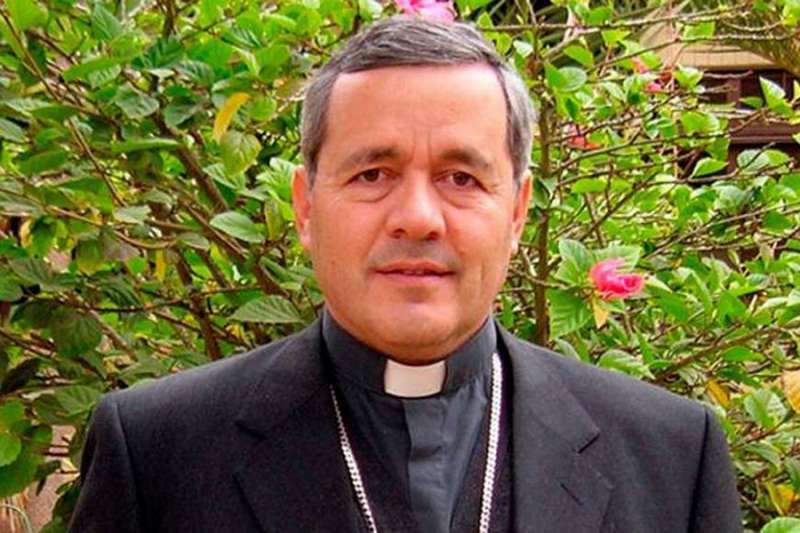At the end of his three-day visit to Chile, Pope Francis came to the defense of a controversial bishop, saying accusations that he helped cover up abuse are unproven and amount to “calumny.”
Responding to a Chilean journalist who asked about the issue, Pope Francis said “the day they bring me proof against Bishop Barros, I’ll speak. There is not one shred of proof against him. It’s all calumny. Is that clear?”
The 2015 appointment of Bishop Juan Barros Madrid to lead the Diocese Osorno, continues to draw harsh criticism from activists and abuse victims who accuse the bishop of covering up the crimes of his longtime friend, Father Fernando Karadima.
Karadima, who once led a lay movement from his parish in El Bosque, was convicted of sexually abusing minors in a 2011 Vatican trial, and at the age of 84, he was sentenced to a life of prayer and solitude.
Barros has repeatedly insisted that he knew nothing of the abuse, at one point telling the Associated Press that “I never knew anything about, nor ever imagined the serious abuses which that priest committed against the victims.”
“I have never approved of nor participated in such serious dishonest acts and I have never been convicted by any tribunal of such things.”
rn
rnIn January 2015 Francis named Barros to head the Diocese of Osorno in southern Chile, setting off a wave of objections and calls for his resignation from several priests. Dozens of protesters, including non-Catholics, attempted to disrupt his March 21, 2015 installation Mass at the Osorno cathedral.
Days later, Archbishop Fernando Chomali Garib of Concepcion said that Pope Francis had told him that there was “no objective reason at all” that the bishop should not be installed. The pontiff had been kept up-to-date on the situation.
On March 31, 2015, the Vatican’s Congregation for Bishops also released a statement, saying that the office had “carefully examined the prelate’s candidature and did not find objective reasons to preclude the appointment.”
rn
rnThe then-apostolic nuncio to Chile, Archbishop Ivo Scapolo, said that all information about Barros was passed on to Pope Francis. Most of the people in the church, he said, were not protesters, but “people who love their bishop.”
On May 6, 2015, five months after Barros was appointed to lead the Diocese of Osorno, Deacon Jaime Coiro, general secretary of the Chilean episcopal conference, told Pope Francis that the Church in Osorno “is praying and suffering for you.”
“Osorno suffers, yes,” Pope Francis said, “for silliness.” According to a video of the conversation released by Chile’s Ahora Noticias, the Pope had told Coiro that “the only accusation against that bishop was discredited by the judicial court.”
“Think with your head, and do not be carried away by the noses of the leftists, who are the ones who put this thing together,” the Pope added.
In his first speech after landing in Chile Jan. 15 Pope Francis acknowledged the pain and distress the scandal has caused to the local Church and to the wider Chilean society, telling the country's civil authorities he feels “pain and shame at the irreparable damage caused to children by some ministers of the Church.”
Asking for pardon, he said “I am one with my brother bishops, for it is right to ask for forgiveness and make every effort to support the victims, even as we commit ourselves to ensuring that such things do not happen again.”
However, in response to the Pope's comment Jan. 18, Juan Carlos Cruz — one of Barros' most outspoken accusers and one of Karadima's victims — tweeted: “As if I could have taken a selfie or a photo while Karadima abused me and others and Juan Barros stood by watching it all...These people are truly crazy, and the pontiff talks about atonement to the victims. Nothing has changed, and his plea for forgiveness is empty.”

